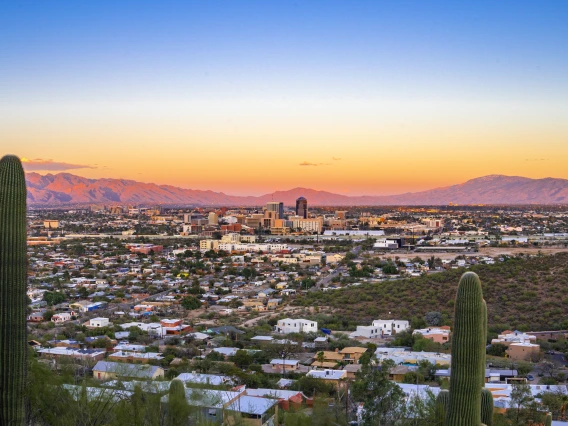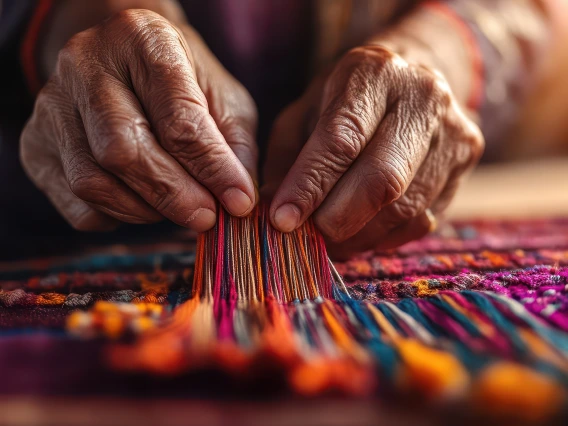Hallo! Dies ist eine Unterseite mit Testinhalten.
Ich habe hier jetzt eine Menge Inhalte hinzugefügt. Sehen?

Sustainable and Equitable Development
BARA advances the 2016 U.N. Sustainable Development Goals by addressing global poverty and hunger while empowering local communities to determine sustainable livelihoods. Specializing in livelihood security, BARA conducts empirical research, assessments, project design, and policy analysis across the Southwest U.S., Africa, Latin America, and the Caribbean, in collaboration with diverse sponsors. BARA’s faculty employ a livelihood security approach that emphasizes decision-making processes of households and communities within the framework of political, cultural, and economic contexts. Their research methodology combines qualitative techniques—such as rapid appraisals, participatory research, focus groups, and team ethnography—with quantitative methods, including baseline studies and monitoring and evaluation systems. With a strong track record in empirical field-based research, BARA excels in household livelihood assessments, project design, and policy analysis, supported by a wide range of national, international, and non-governmental organizations. Inspired by a participatory development philosophy, BARA promotes local community ownership of research initiatives. BARA’s work is supported by a broad network of national, international, and non-governmental sponsors and spans much of Africa, Latin America, and the Caribbean.

Indigenous Culture & Heritage Preservation Program
The Indigenous Culture & Heritage Preservation Program addresses the long history of Native American and other Indigenous communities. It focuses on legal and scientific approaches needed to protect and revitalize practices within a contemporary context that strives to integrate deeply held traditions with current needs and concerns of living Indigenous communities. In the U.S., whereas poverty and dependence on the Federal government historically impeded Culture & Heritage Preservation, today’s tribal governments and reservation residents value collaborations with interdisciplinary teams to engage research that is respectful, empowering, and attentive to their goals. BARA projects engage Archaeology, Ethnography, Ethnohistory, Earth Sciences, and state-of-art technologies alongside traditions to uncover new knowledge as well as to maintain cultural landscapes and promote language literacy. This program further advances cultural resource theory and fosters partnerships between University and Indigenous collaborators, with sustained funding with various sources.

Collaborative Community Research
Collaborative community research is an approach through which individuals and organizations pursue mutually interesting and beneficial research. BARA’s approach also advances core tenets of community-based participatory research (CBPR) to foster collaboration among community members and researchers (including students), engage all in reflective practice and reciprocal learning, build the capacity of community groups to create change, balance research and action, practice inter- and multi-disciplinary work, and situate community concerns in a larger context. BARA researchers examine and refine this approach through application in communities within Tucson and across the globe supported by local, regional, national, and international sponsors.

